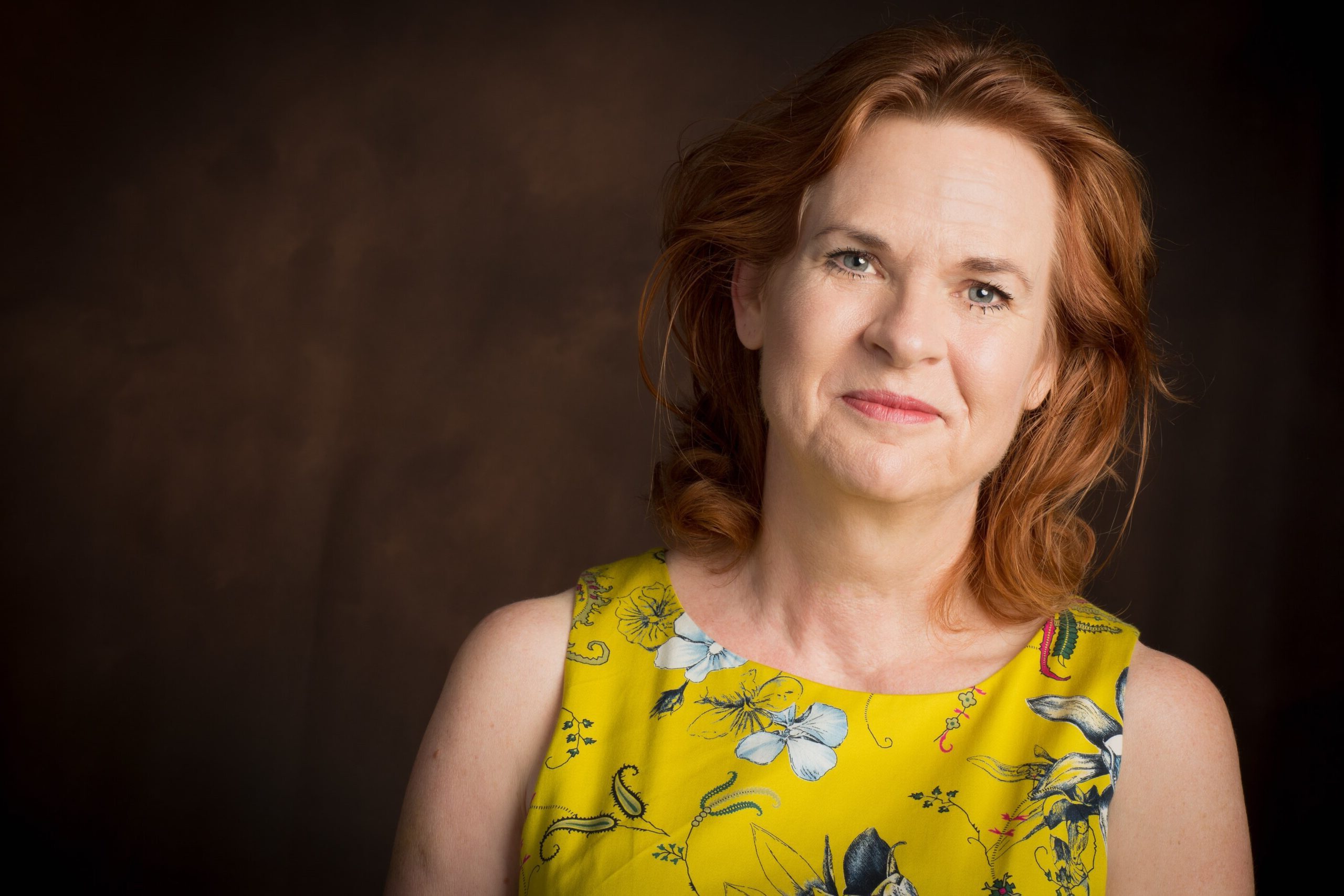Conflict makes our world turn, our heads spin, our hearts race and sometimes our hearts break. It is the arc of every story, song, movie and indeed, many of your thoughts. What you rehearse becomes your reality. You are the director, scriptwriter and star of all your personal and professional dramas and comedies.
As you’re trying to move towards more conflict confidence, old family dynamics, roles and responses that are well past their use-by date, can keep tripping you up. Like Bill Murray in “Groundhog Day” you find yourself repeating the same relationship mistakes and waking up with familiar regrets.
We all learnt about conflict and problem-solving in our family: pressures of different personalities, miscommunications, tense moments, laughter, silliness … you name it. I mean, you probably can. We all have our own personal family experiences that shape our vulnerabilities.
These experiences are the blank slate on which we write our private stories about ourselves, about what we think, about what we think other people think, about what we think we should do to stay connected and safe.
Experiences such as in families where no one argued, but you walked through visceral, silent tension. Arguments with real risks, or actual violence and where the only choice was to hide or fight back. Permissive, dismissive, or authoritarian attitudes. Parents with pernickety, irritable and frustrated moods. You can almost feel these moments on your skin, at the back of your neck. Old frustrations, anger and fears are triggered when relationships are tense, or you fear rejection.
Your mind and body work in a combination of automatic and habitual, well-rehearsed patterns. Some are evolutionary like the stress response of fight/flight/freeze. Some are culturally embedded rules and rituals about acceptable behaviours and the emotions we can show.
Some are deeply personal – our inner conversations about things we do or don’t want other people to see about us. About the vulnerabilities.
In every story we ourselves tell about the conflict, we are usually the chief protagonist:
- the hero who is confronted or attacked;
- the victim who must defend or retreat;
- the rescuer of others, or quietly hopeful that someone will see your plight and come to your rescue;
When you’re caught up in stress, your inner thoughts about conflict play out all three roles, at the same time; that’s why there are confusion and escalating tensions in conflict. Because every other person in this drama is also caught up in their own personal stories, patterns and cast of characters.
When you are in fight mode your anger lines up a series of judgements – ‘should / must / can’t / have to’. These thoughts lead you towards an absolutist and fatalistic approach. You look for blame and fault, sometimes in yourself, mostly in others. You get stuck in ideas about right and wrong.
When you are in flight mode your fear brings out thoughts of failure, isolation, loneliness, damage. You are overwhelmed. You just want to get as far away as you can, not be seen or heard.
This is the tricky point of conflict. It’s the point where so many people pitch to their battle. We so often fight about who has been hurt the most, wanting to be the most important victim in the contest. Things really escalate when two, or three people want to ‘win’ from this position.
When you are in freeze mode all you want to do is rescue. You feel compelled to be the person that takes on too much responsibility, who wants to fix everything. Or you want to have someone else show up, stand up and resolve matters for you. Either way, you are certainly not allowed to ask for what you want, you end up taking on too much of others problems and you can’t say no to other people’s demands. This usually leads to resentment, and you’ll start to retrace your steps back through this cycle again.
To change from this conflict chaos to conflict choice and clarity, lies in these three steps:
- Stay curious, rather than reactive, or right! Learn to step back and watch conflict dynamics from the different views of each person – without blame, or fault-finding. Watch for predictable actions of others whilst being empathic; and
- Be ready to spot your old, family-based irrational thoughts and belief habits. They’ll be there, in the background. Have some positive thoughts;
- Know how to calm yourself so that your breath rate is steady, your heart rate stays well below 100 beats-per-minute, (the crucial turning point when your stress levels escalate) and your thoughts will be slow enough to reflect on and appraise:
- stay grounded, feet on the floor;
- notice your body posture and engage your pelvis and core muscles to keep an upright spine. This really works to keep you alert and aware;
- Breathe! Breathe! Breathe! Try this 4:2 rhythm – 4 counts breathing in – pause for 2 counts – 4 counts breathing out – pause for 2 counts. This will lower your heart rate and keep you consciously aware of how well you are managing to lower your stress levels;
“Feelings come and go like clouds in a windy sky. Conscious breathing is my anchor”
Thich Nhat
I love this quote. Let conscious breathing be your guide to staying present in this moment, rather than being lost in an un-useful past.
Many participants in my programs and courses say learning to stay calm and grounded in tense situations is one of the best outcomes for them, especially when others are lost in intense emotions.
If you would like to know more about my programs and courses contact me today


